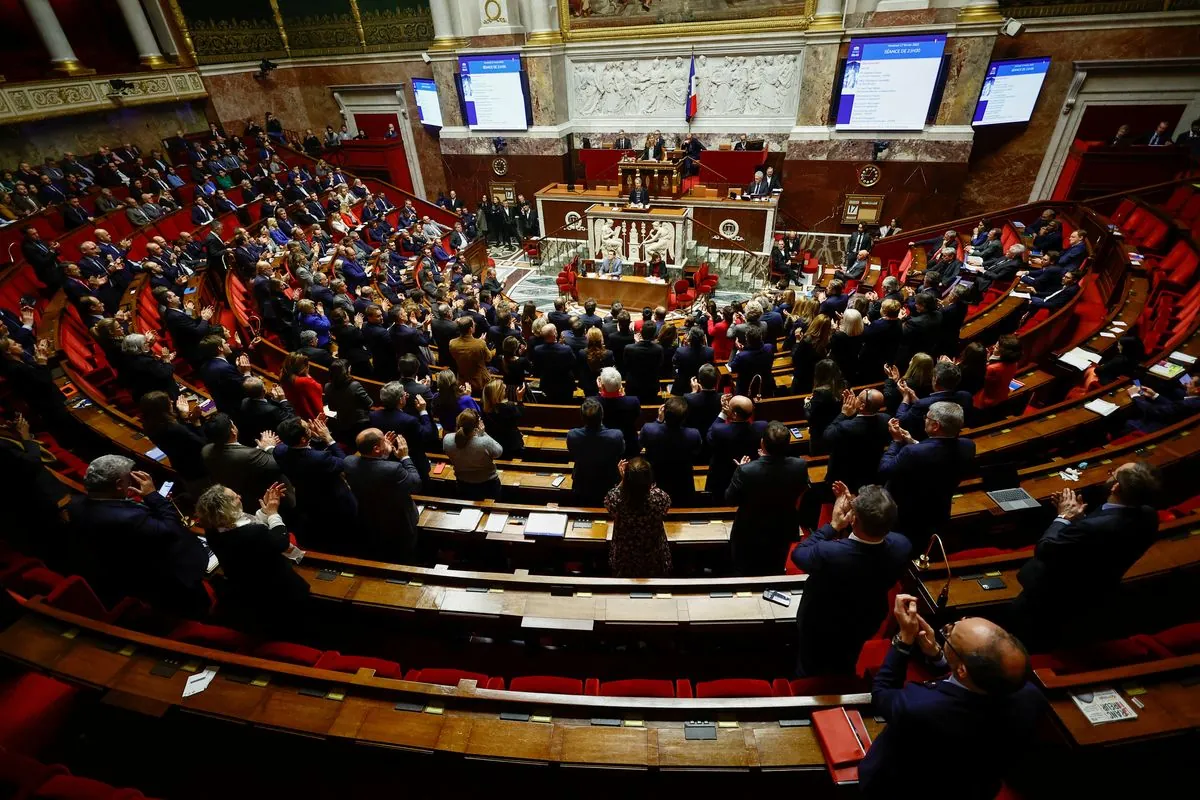Macron Seeks New Prime Minister Amid Parliamentary Deadlock
French President Macron meets party leaders to appoint a new prime minister following inconclusive elections. The decision is complicated by a hung parliament and pressure to address budget challenges.

In a crucial political development, Emmanuel Macron, the President of France, is set to convene with leaders from various political parties on August 23, 2024. The primary objective of these discussions is to designate a new Prime Minister, a task that has been pending for nearly seven weeks since the inconclusive parliamentary elections held on June 30 and July 7, 2024.
The appointment of a new Prime Minister comes at a challenging time for France. The incoming leader will face numerous obstacles, chief among them being the parliamentary approval of the 2025 budget. This task is particularly daunting given the current political landscape, where no single party holds an absolute majority in the 577-seat National Assembly.
France's semi-presidential system, established by the 1958 Constitution of the Fifth Republic, grants the President the authority to appoint the Prime Minister. However, the chosen individual must also secure the confidence of the National Assembly, a requirement that has become more complex in the current hung parliament scenario.
The recent elections resulted in Macron's centrist coalition losing significant ground, leading to a fragmented political landscape. This outcome has forced the President to consider options beyond traditional party lines, potentially forming a coalition government - a rarity in modern French politics.
"We'll remind the president of his obligation to respect the French's choice. We won those elections, whether Emmanuel Macron likes it or not."
The left-wing alliance, known as the New Popular Front (NFP), which secured the highest number of votes in the election, is advocating for their candidate, Lucie Castets, a 37-year-old senior civil servant, to be appointed as Prime Minister. However, despite their electoral success, the NFP falls short of an absolute majority, complicating their claim to the premiership.
Macron's office has indicated that the President is seeking political leaders who can collaborate across party lines to form a government with a solid majority. This approach reflects the need for compromise in the face of a divided parliament.

Potential candidates for the Prime Minister position include Xavier Bertrand, a conservative regional president, and Bernard Cazeneuve, a former Socialist Prime Minister. French media has also mentioned Karim Bouamrane, the Socialist mayor of a Paris suburb, as a possible contender.
The Prime Minister of France, officially known as "Premier ministre," holds significant responsibilities in domestic policy. They reside at the Hôtel Matignon in Paris and play a crucial role in presenting the annual budget to parliament, typically in the fall preceding the budget year.
As a founding member of the European Union, France faces additional pressure from the European Commission and bond markets to address its deficit. The new Prime Minister will need to navigate these external influences while managing internal political dynamics.
Macron's decision will be closely watched, given his history of making unexpected choices for the premiership. The French Constitution grants him the freedom to appoint whomever he deems suitable, but the political reality demands a candidate capable of surviving no-confidence votes from the opposition.
As the talks continue into August 26, 2024, the political landscape of France hangs in the balance, with the outcome set to shape the nation's governance in the coming years.


































